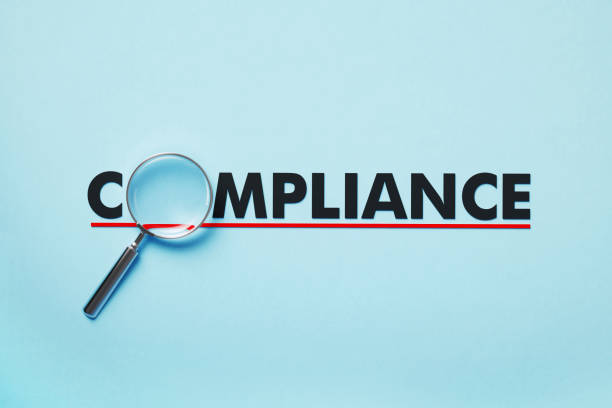Importance of Compliance in Small Business

Making sure you meet the legal requirements of your business may seem like a simple task for managers however, only meeting the minimum requirements could cause you to miss opportunities. Knowing the motivations behind the different rules, laws and regulations that apply to your company will allow you to get the most benefit they provide while also ensuring that you are in compliance at all times.
Compliance Demands Grow with Your Business
In the business sense, "compliance" refers to the company's compliance with its legal obligations, often to safeguard the health, safety and wellbeing of other people. A few examples of compliance are the obtaining of a business permit in your city and paying taxes. Compliance is more apparent as the issues get more complicated as your business expands. Your responsibilities will expand to include firing, hiring discrimination, harassment and other forms of discrimination as well as safety, payroll, wages and benefits. You might be required to adhere to guidelines laid out by the department of health for how you sell and make your service or product. You can get more details on business by browsing On-Demand website.
Reduction of Legal Problems
Compliance has the obvious benefit of reducing your chances of being penalized, fined and/or liable to work stoppages and lawsuits, as well as your company being shut down. You might be given a warning if you fail to comply with certain compliance requirements. You could also be subject to costly penalties in other situations. Failure to comply with the legal requirements (e.g. when it comes to manufacturing processes or advertising methods) could help anyone who is suing you to strengthen his case. Hire a compliance expert to ensure that you know the legal requirements and how to meet these.
Improvements in Operations and Safety
Numerous business rules and regulations will benefit you more than hurt you. You can create a more productive work environment by tackling harassment and discrimination. Following safety and security rules can help prevent fires, injuries or building evacuations that harm your bottom line. Alongside learning the bare minimum you have to perform to fulfill your legal obligations, review recommended business practices at the websites of these agencies like the U.S. Occupational Safety and Health Administration and U.S. Equal Employment Opportunity Commission to discover more strategies to improve and safeguard your company's operations.
Better Public Relations
When you meet the legal requirements, one of the benefits of compliance is the ability to highlight the fact on your website and in your marketing materials. If you post job ads ensure that you mention that you are an equal-opportunity employer. Your mission statement should be displayed on your site. It should state that you will not discriminate against anyone by race, gender, or creed. Highlight your company's commitment towards physical security and mental health when you're attempting to recruit new employees. Be sure to mention the policies and benefits that support proactive healthcare and wellness such as extended maternity leave and gym memberships that are free.
Higher Retention Rates for Employees
The protection of employees is an essential element of many compliance concerns. The more employees feel they work in a respectful, professional and secure setting the more likely they'll be inclined to remain with your company. Even if you don't discriminate or discriminate against employees, if you don't take measures to ensure that none of your employees do it, you could lose valuable workers. Include policies and procedures in your employee handbook to reflect the legal requirements for compliance. Keep in mind that a policy only effective if it is followed. The policy should not just present the rules but also define the procedures for dealing with any infractions, like an reprimand or additional training on a first offense and the suspension or termination of the second. Make sure to check in with the middle managers or supervisors frequently to ensure that complaints are dealt with in a timely manner.